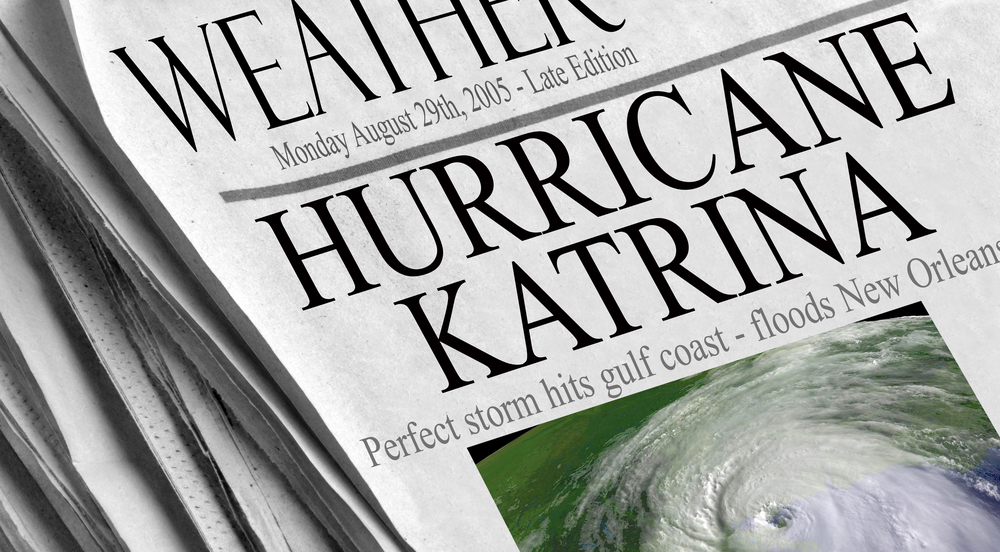The Presbytere museum at Jackson Square has an ongoing exhibit on the Katrina disaster, Living with Hurricanes: Katrina & Beyond. Stark and moving, the exhibit uses a multi-media installation to familiarize the visitor with New Orleans’s long history of hurricanes while focusing on the most infamous one of all.
I can’t imagine ever visiting New Orleans again and not thinking about Katrina. This last visit was my fourth since that perfect storm of government failure, inadequate infrastructure, and socio-economic negligence. And then there was the hurricane itself. As so many others did during that last weekend of August in 2005, I watched the news coverage helplessly with as much hope as I could muster that it wouldn’t be too bad or that the storm would weaken or miss the most densely populated areas. Once the storm passed, as bad as it was, it seemed the worst was over. Only it wasn’t.
While I try to avoid overly political commentary in my posts, it is impossible to write about Katrina in a political vacuum. When people who don’t believe in the efficacy of government are put in charge of it, it isn’t surprising when government services cease to function properly, if at all. Catastrophe also tends to bring out tensions just below society’s surface, like distrust of authority and lingering racism. Throw in some national ignorance about the extent and persistence of poverty in America, and we see the picture of what happened in New Orleans in Katrina’s aftermath begin to come into focus.
Exhibit visitors can come away feeling devastated by what they see – the death and destruction wrought both by natural forces and human indifference – or struck by the indomitable human spirit that is capable of overcoming just about anything it encounters. One such example is Tommie Elton Mabry who kept a diary on what was left of the walls of an apartment in a housing project.
From August to October of 2005, he writes and in those words we see the entirety of human struggles to survive and, eventually, thrive. And that’s what you see today. The people of New Orleans have moved on: some literally to other cities and towns and others figuratively as life in this remarkable city continues to buzz and vibrate like the strings of a bass guitar. That’s why it’s so easy to forget Katrina, and why we must not.


